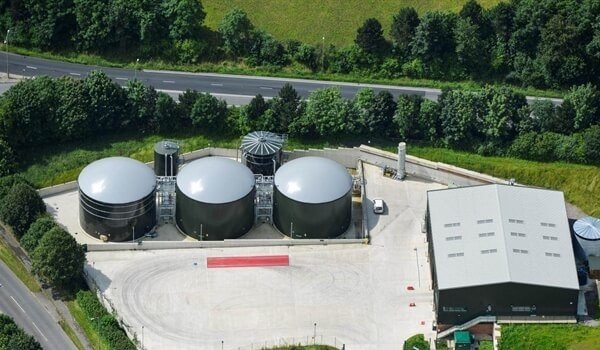The Detroit Zoo is cleaning up its act with a plan to be the first U.S. zoo biodigester.
The project, costing $1.1 million, will convert the 400-500 tons of manure and other organic waste produced annually at the zoo into methane gas. The powerplant will then power the 18,000-square foot Ruth Roby Glancy Animal Health Complex.
The leftover material from the process will be used for the animal habitats, gardens and public spaces on the zoo’s 125 acres, saving it $70,000 to $80,000 in energy costs and another $30 000 to $40,000 in waste removal fees.
Construction is scheduled to launch in June and the project should be completed by October.
The high capital cost of the project “is a pretty big barrier to entry for most zoos,” COO Gerry VanAcker said. “But we expect a return on investment in close to 10 years.”
The Detroit Zoo has set a target of being zero-waste by 2020. The biodigester “gets us a lot closer to that goal,” he said, and will generate 7 percent to 8 percent of the zoo’s annual electricity needs.
The zoo partnered with the Michigan Economic Development Corp which used its online Patronicity crowd funding platform to help jumpstart the project.
The Fred A. and Barbara M. Erb Family Foundation gave a $600,000 grant, via zoo trustee John Erb.
The zoo in turn plans to chip in $100,000 from its 2015 capital budget and has $100,000 of grant proposals in to the Michigan Energy Office and the Department of Environmental Quality.
Although the biodigester is not typical of the projects funded by MEDC, “we saw this as a great opportunity because it is a place that attracts a significant amount of the public and it brings such a huge, important aspect of sustainability and promoting green elements,” said Lisa Pung, community assistance team manager at the MEDC.
The biodigester is anticipated to produce three-quarters of the electricity needed for the health complex, which functions like a hospital with X-rays, surgeries, medication dispensing and a nursery.
Stay Connected